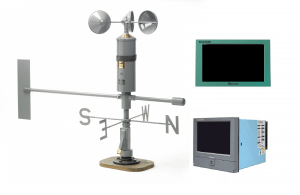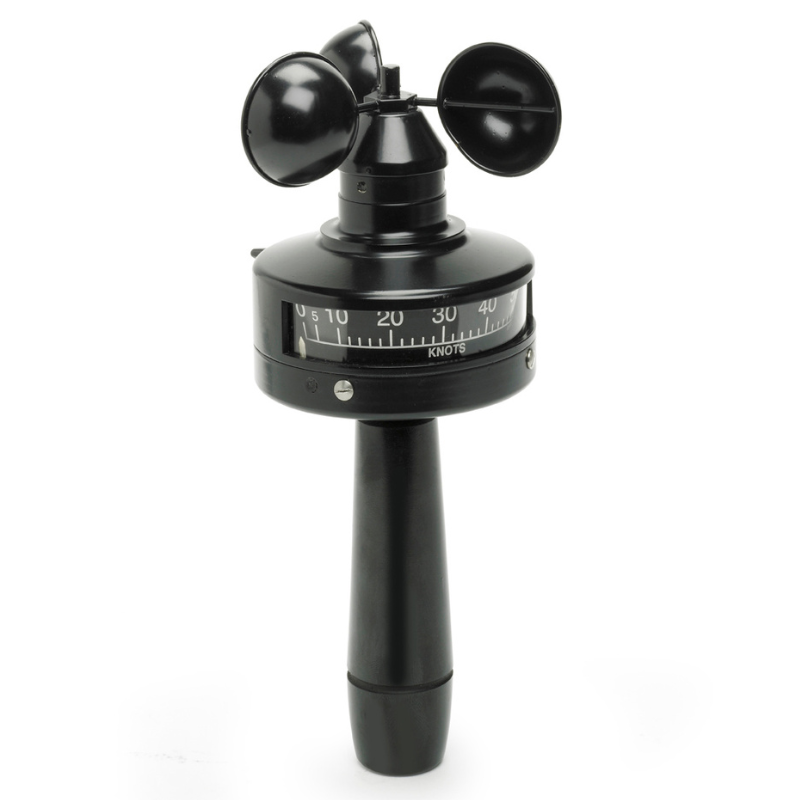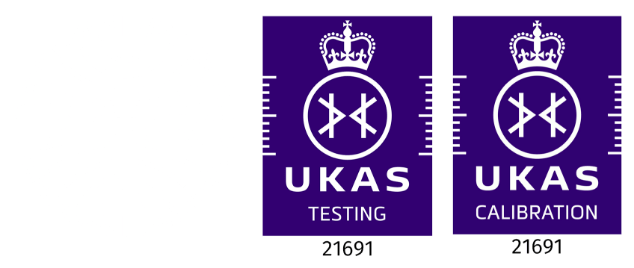Construction projects are highly susceptible to weather fluctuations. Adverse weather conditions such as rain, wind, extreme temperatures, and humidity can significantly impact construction activities. Inclement weather can lead to delays, safety hazards, and increased costs. By monitoring weather patterns, construction teams can make informed decisions, anticipate potential disruptions, and mitigate risks effectively.
Features to Consider When Choosing a Weather Station
When selecting a weather station for construction purposes, several key features should be considered:
Durability and Robustness
Construction sites are often exposed to harsh environmental conditions. A weather station should be rugged and durable to withstand rough handling and extreme weather events.
Accuracy of Data
Accurate weather data is essential for making informed decisions. Choose a weather station with reliable sensors and calibration mechanisms to ensure the precision of measurements.
Connectivity Options
Ensure that the weather station offers various connectivity options, such as Wi-Fi or cellular networks, for seamless data transmission and remote monitoring.

Benefits of Using Weather Stations in Construction
Risk Mitigation
By monitoring weather conditions in real-time, construction teams can identify potential risks and implement proactive measures to prevent accidents and injuries.
Schedule Optimization
Weather stations enable project managers to plan construction activities more efficiently by scheduling tasks during favorable weather conditions and adjusting timelines accordingly.
Resource Allocation
Optimizing resource allocation based on weather forecasts helps minimize downtime and optimize productivity on construction sites.
How do weather stations benefit construction projects?
Weather stations provide real-time data on temperature, humidity, wind speed, and precipitation, enabling construction teams to make informed decisions, mitigate risks, and optimize project schedules.
What factors should be considered when choosing a weather station for construction?
Key factors to consider include durability, accuracy of data, connectivity options, and suitability for the construction site’s specific requirements.
CONTACT US






